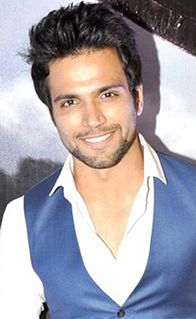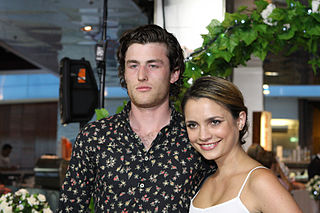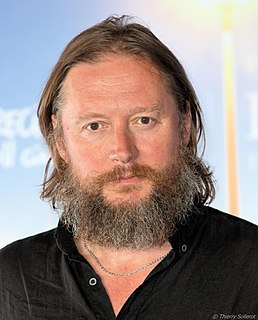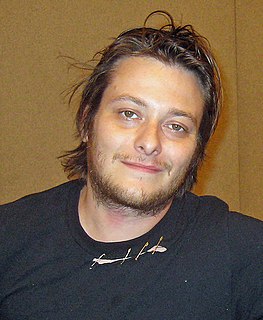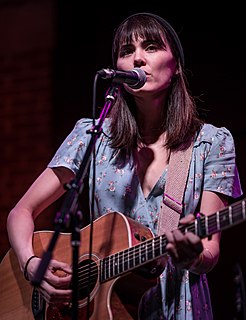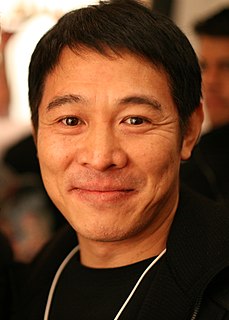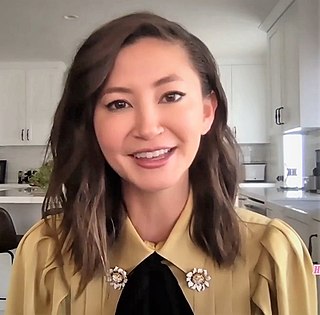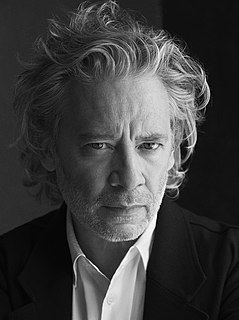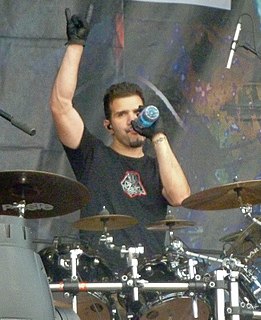A Quote by Alexa Vega
I always think it's hard for any young actor to make that transition to more grown-up roles. Because you don't want to alienate your audience who has been supportive of you for so many years, so you kind of have to tiptoe through that process.
Related Quotes
As an actor, you should always keep your trump card hidden from your audience. I want the audience to keep expecting more and more from me. I want to do 'different' work - good and memorable roles - so that audience appreciate me more. That's why I love to surprise my audience with something they never expect me to do.
I happen to be one of those lucky people who says that she's a working actor. And to always be working is very fulfilling and I'm just lucky because the opportunities just came up. And as an Asian American female actor, the opportunities have been furthering, have been widening all across the years. And I can say that there are many young people who see that the opportunities are expanding, as well as you can make it yourself.
There's something great about being a really young actor because you don't have a chance to be nervous. You don't know anything yet. Whereas one of the big challenges as you go through - I've been doing acting professionally for 10 years now - is to not let all the things that you know hold you back and make you more nervous. Once you've had a few people tell you that they don't like your ideas, that voice in your head can creep in that says, "Don't tell them what you think."
There are the obstacles of your position as an actor, not being a commodity enough to be hired by the big directors for projects that have some kind of integrity, because the successful actors who've been in the game for a while want those roles. So there's more competition, so you have to work harder and be right for it.
It took me a long time to make that leap to being a grown-up and responsible adult because I carried on being a child actor into my late twenties. It's OK to be precocious when you're young, but when you're a man of about 27 or 28 and playing a 17-year-old in a TV show, it kind of prolongs your childhood.
Performance is made in the editing room, and I've come to see the truth in that - the idea that they say performances are usually made in the editing room because what you film is the raw material. I think just going through the process of saying, "Which take do we use? Why is that the take we want? I want that take can you edit again, I'm not sure that's the one, I think it's this one." And just because you go through that process, I think somehow it's made me sort of more open about the [actor's] possibilities.
I think you set up certain standards. I've always kind of believed in the Neil Pert way of making records where I'm trying to step it up every time I do something. You're trying to better yourself. You're also trying to make your audience or your listeners more interested. So, if you can up it, I think that's important.

